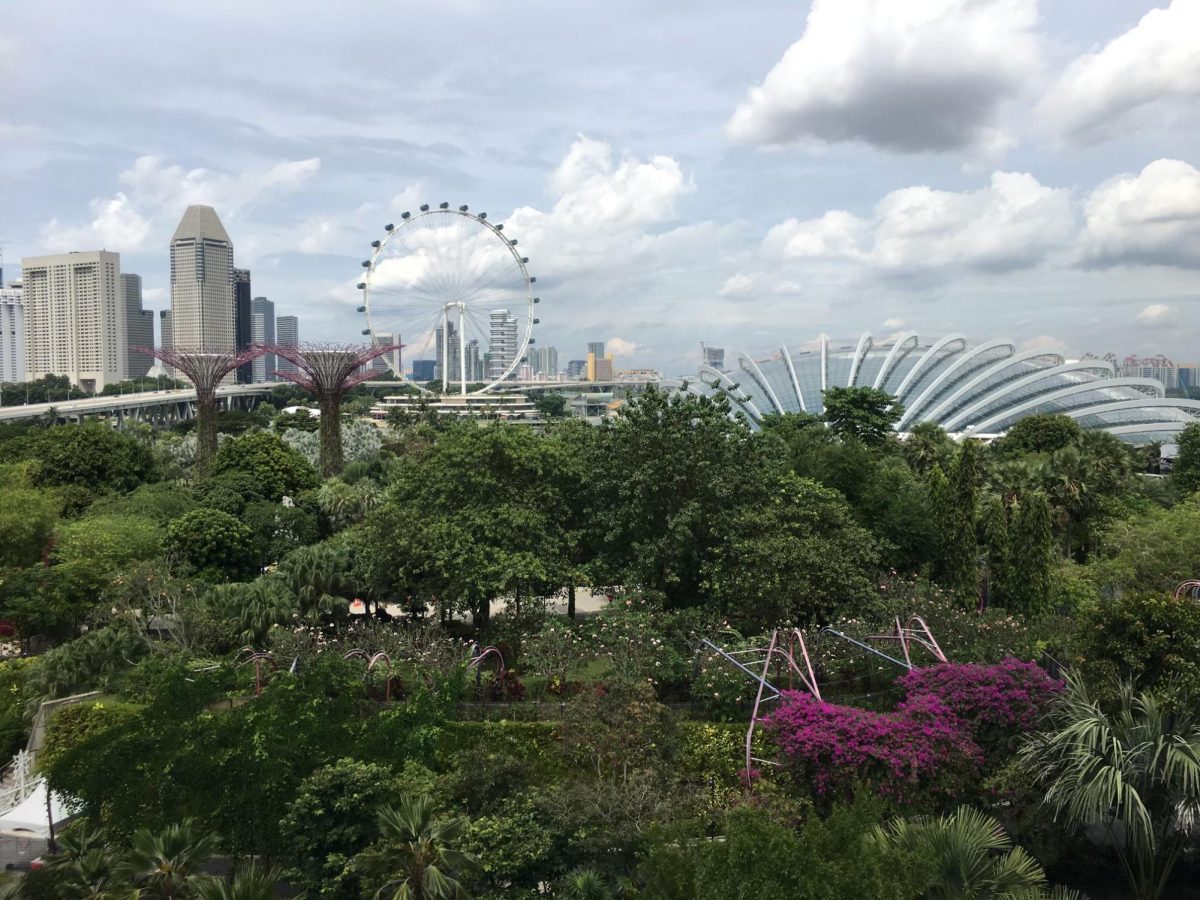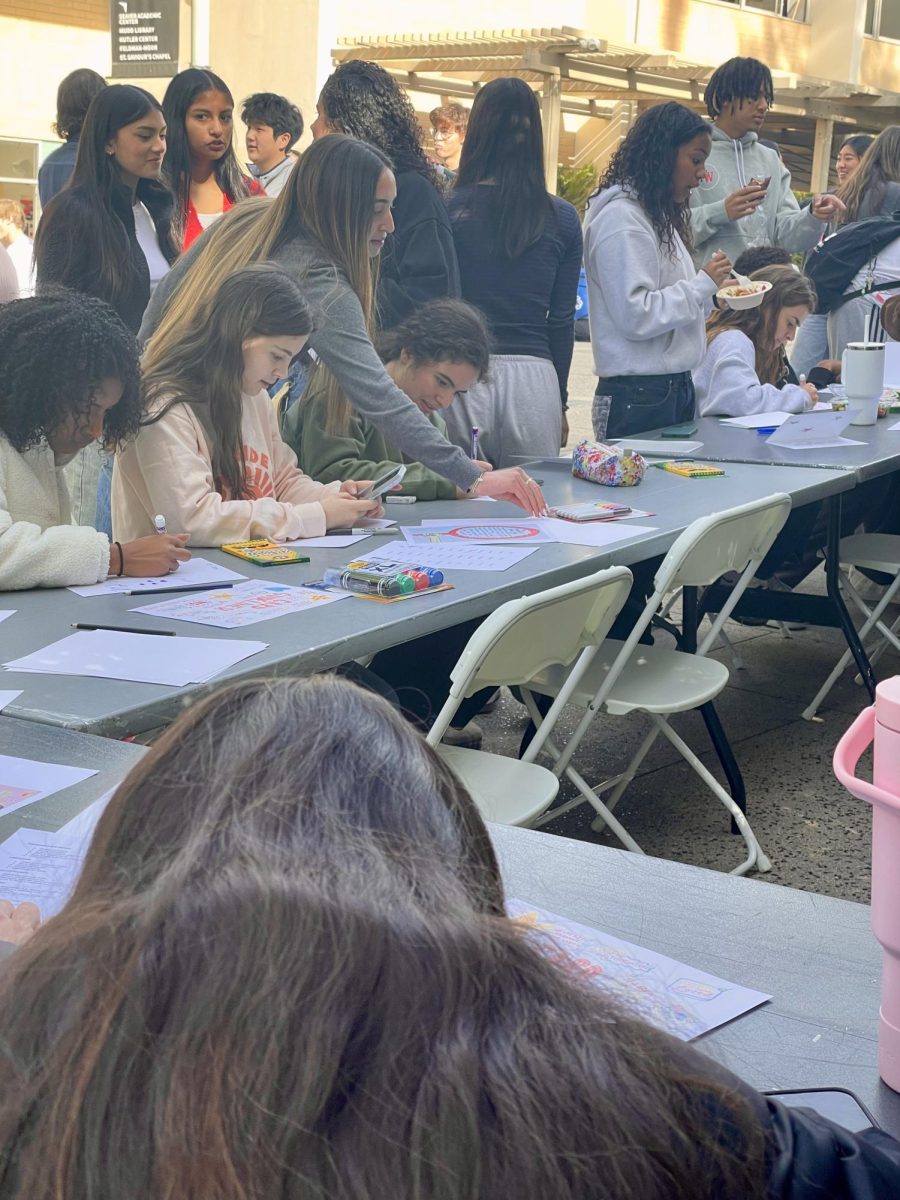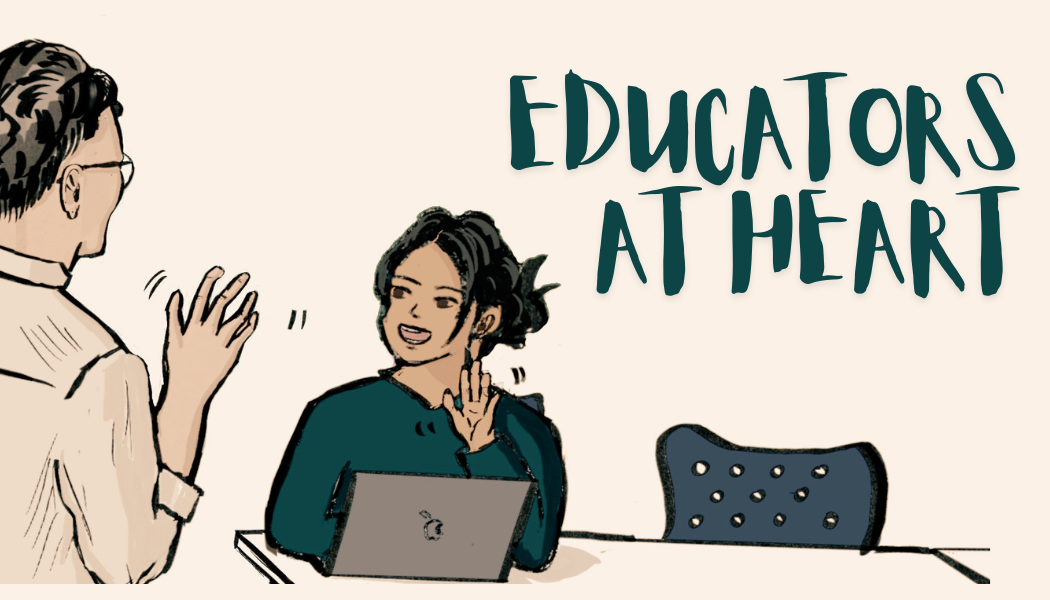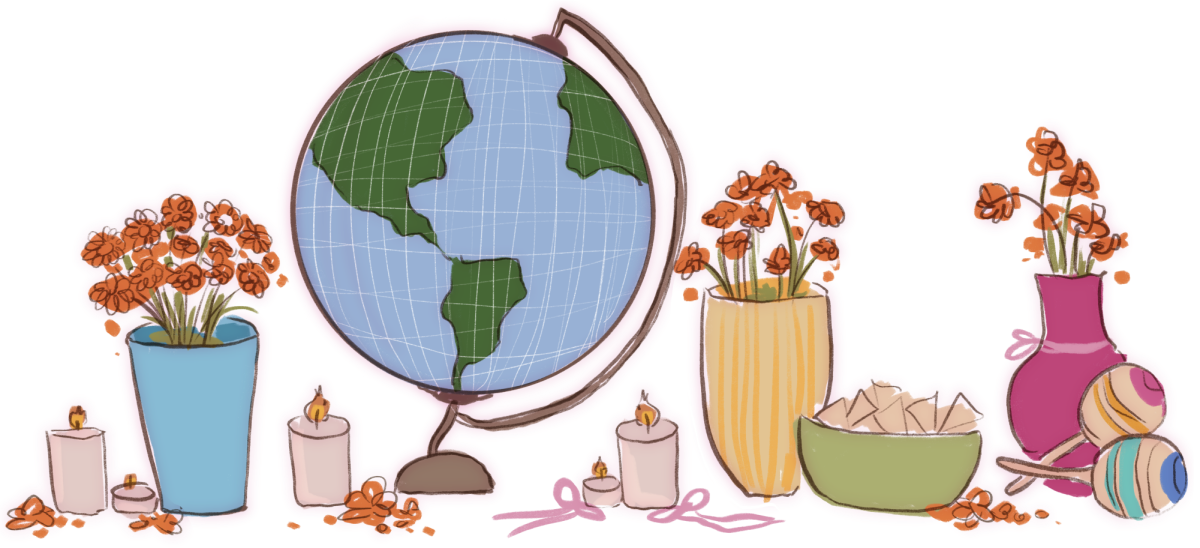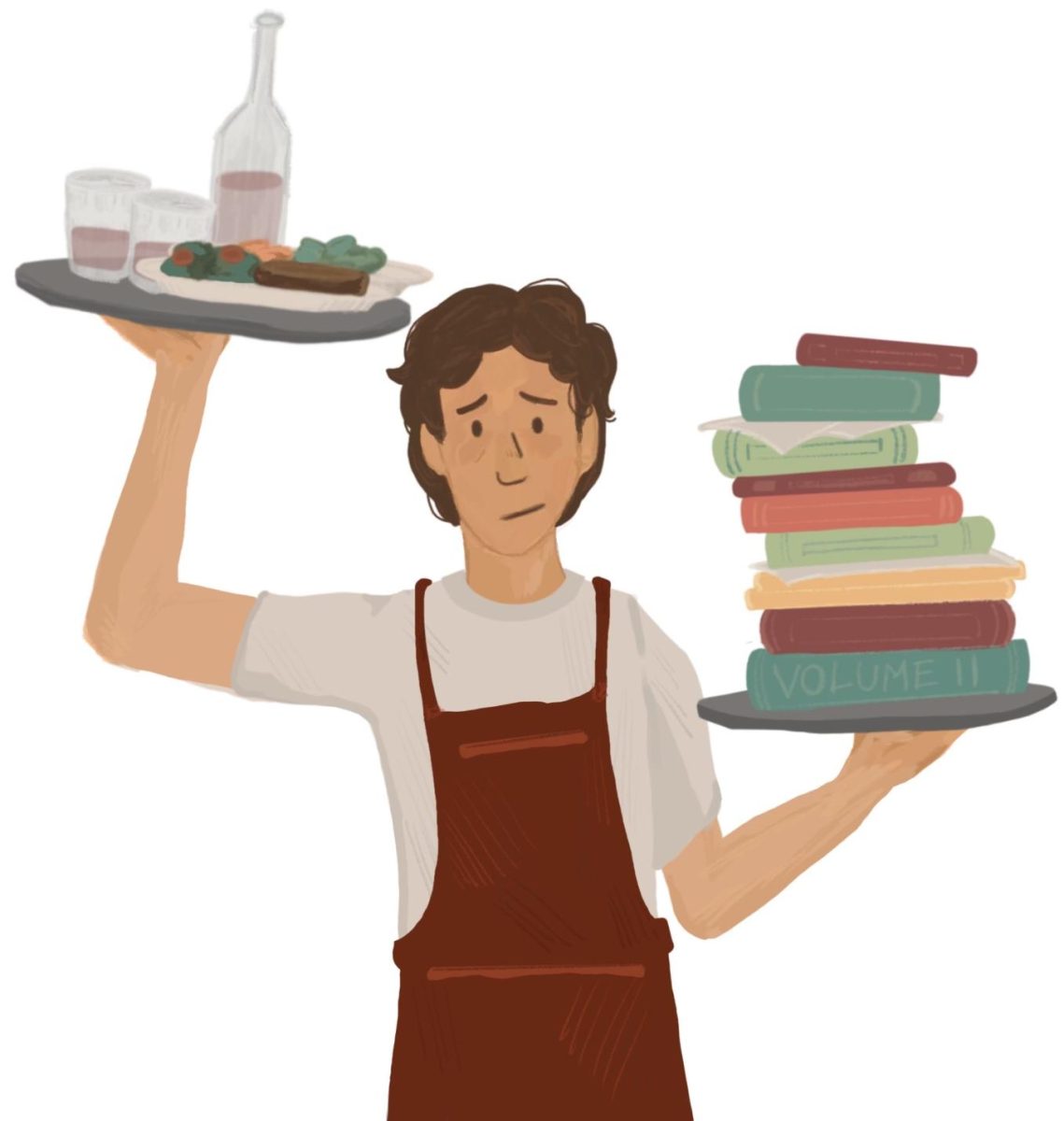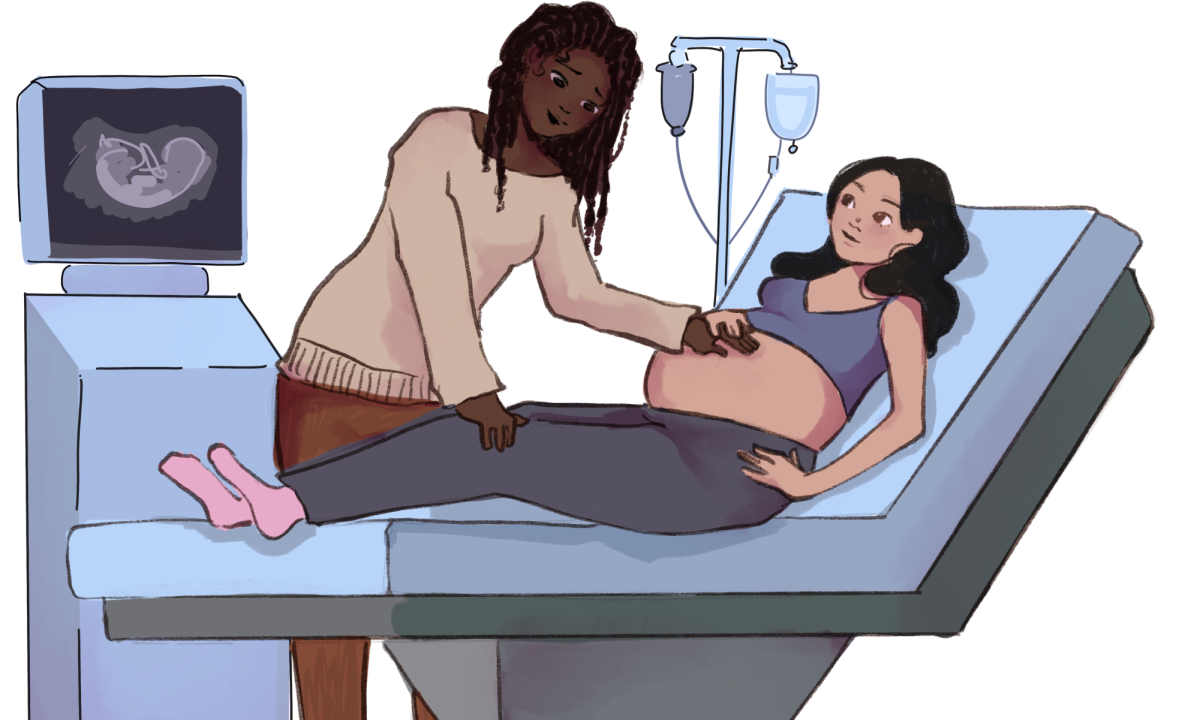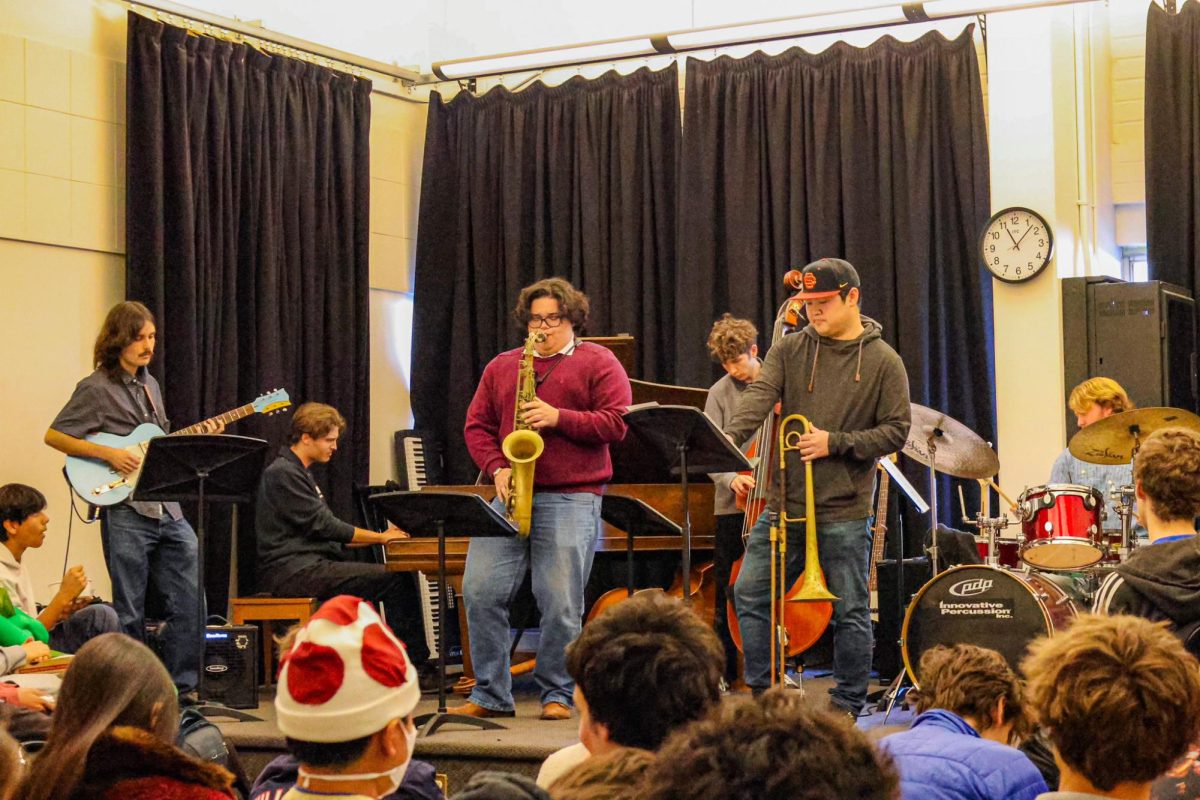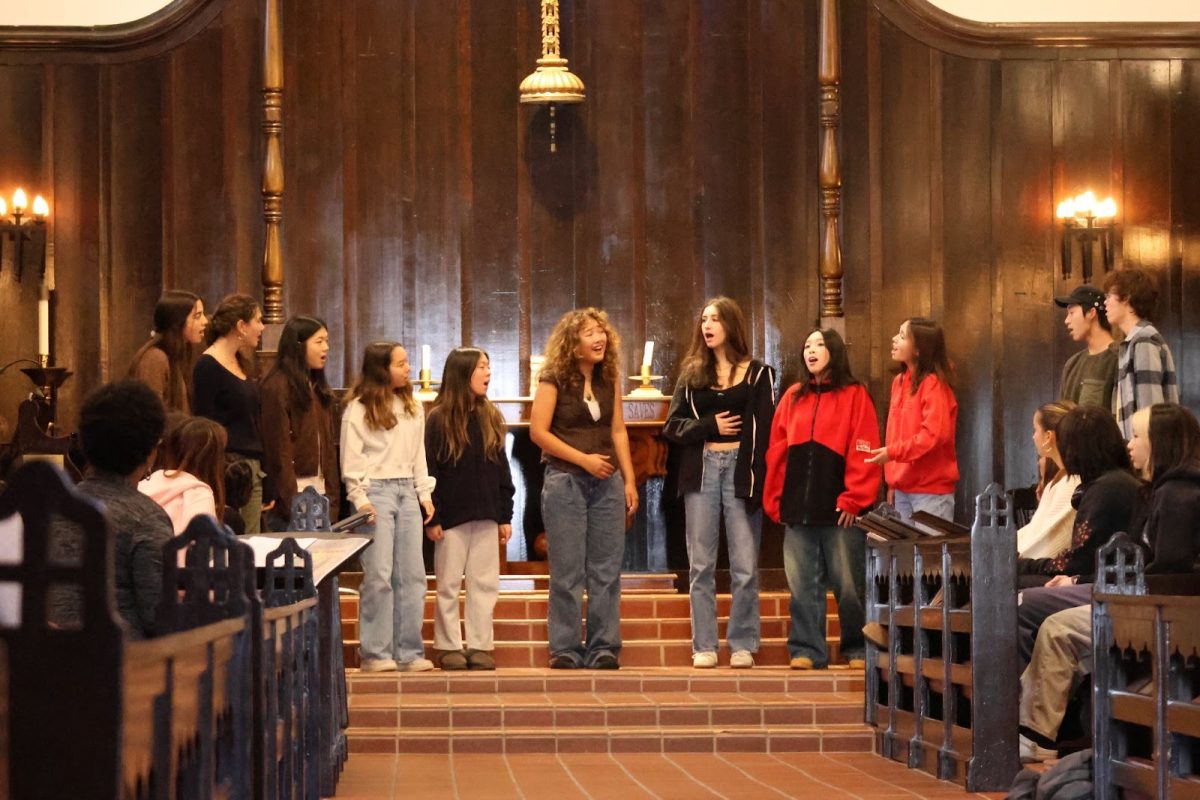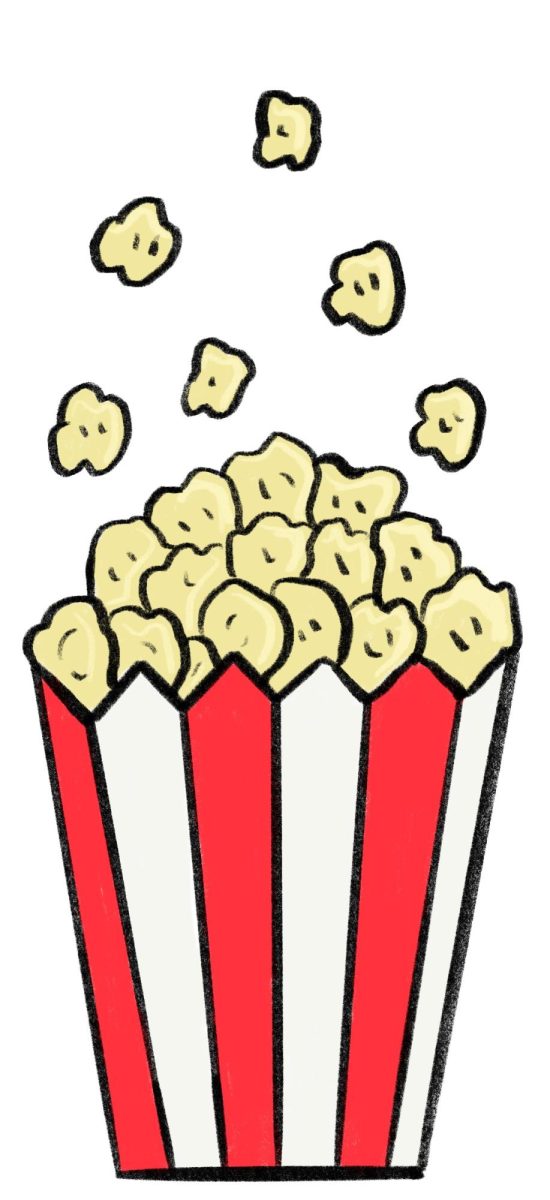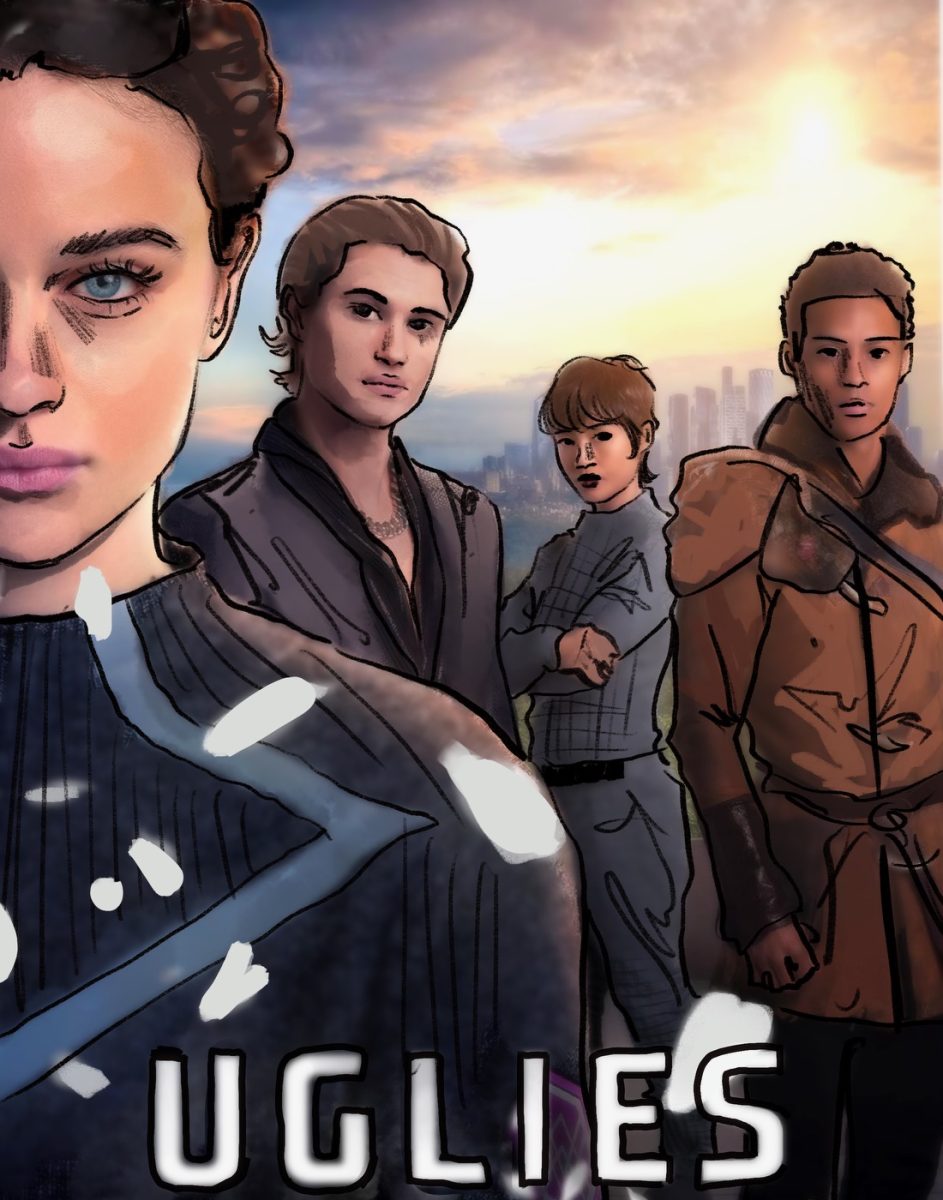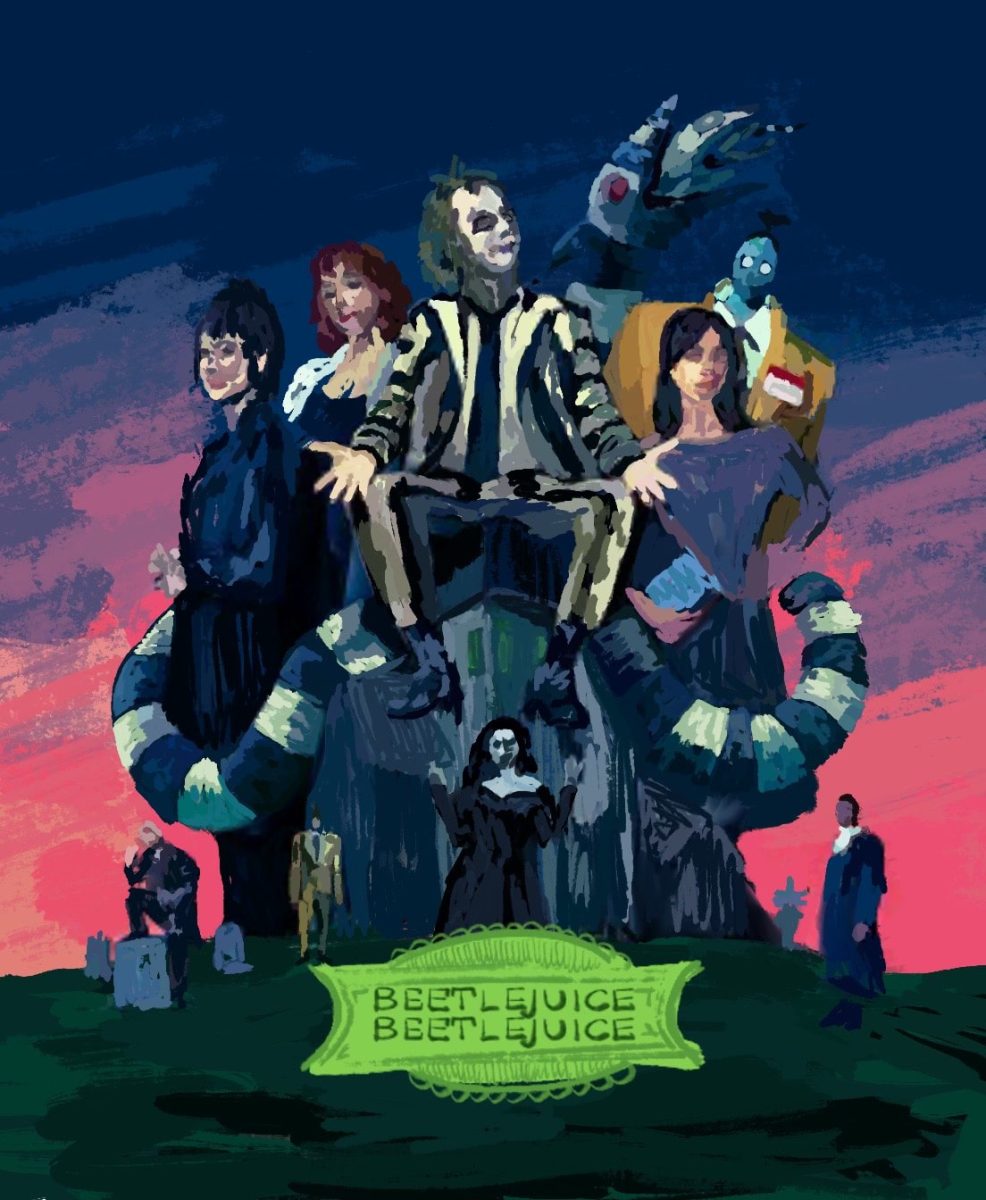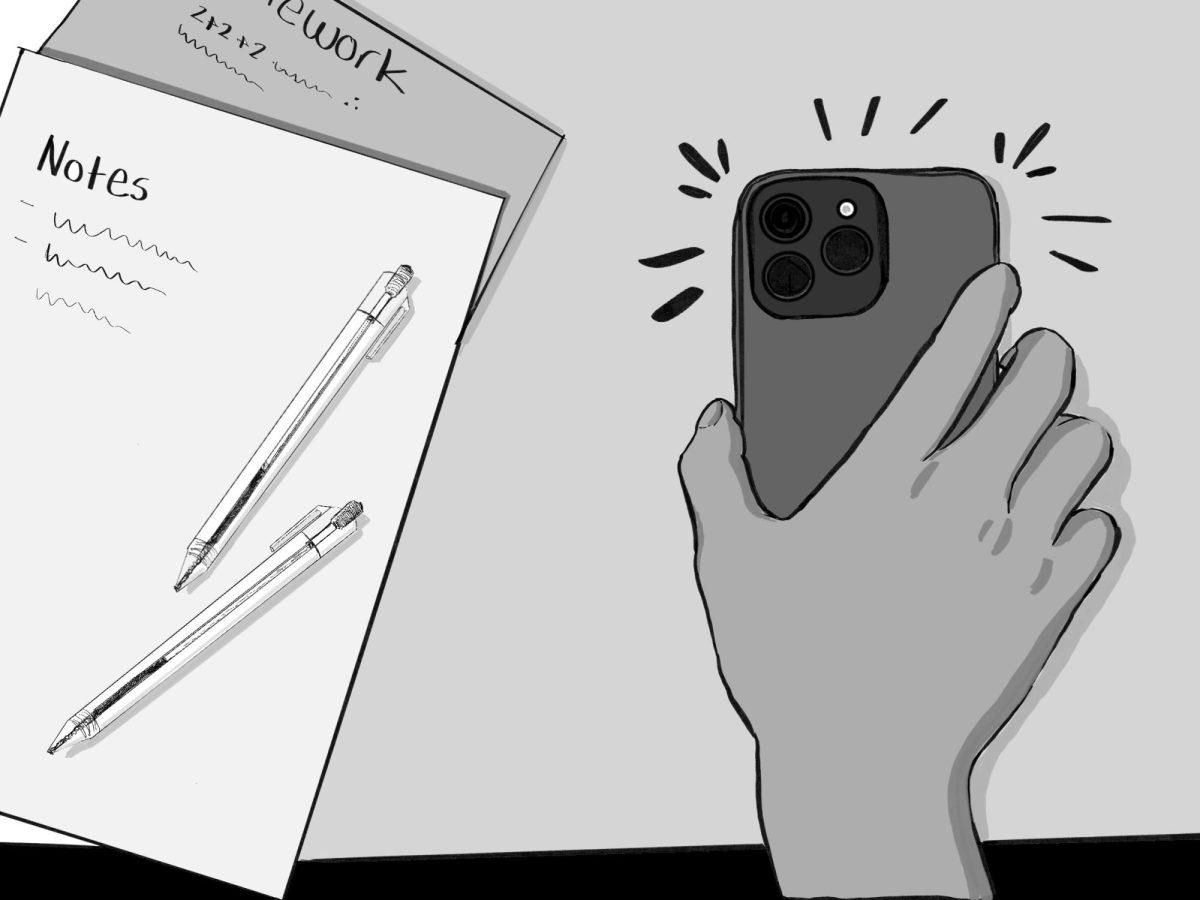Why do I care?” This is a question asked by many as they sit in classrooms, contemplating when they will ever need to know how to graph a polynomial, or wondering who will ever quiz them later in life on the details of the Arab Spring. I’ll admit, I sit and wonder the same things as I study into the late hours of the night, I even excuse myself from the last bits of my work in favor of a few more minutes of sleep, justifying my choice with the aforementioned rationalization. Because, really, why do I care?
I know I have to do my homework so I don’t fail out, but a significant struggle in a teenager’s life is finding a reason to care about the world around them. The same rationale that excuses students from learning how to, say, graph a polynomial is unfortunately also used as an excuse to not learn about global events. Our school and social lives are high stress and offer little time to relax, so it is understandable that given a moment of respite, one’s motivation to read David Brooks’s latest opinion piece in the New York Times wavers.
Why should we care about what’s going on in the world? Why work to understand the world’s economy, politics, social structures and environment? To empathize with the struggles of emerging nations and peoples, or be qualified to voice one’s disapproval with the treatment of the environment, or even comment about the world one must invest in the knowledge to make any such involvement informed and meaningful. The state-wide and congressional election is in two years; we will hold the fate of the future in our hands when some of us vote for the first time. These decisions will shape how we interact with others at home and around the world.
Living in our own little cocoons, we tend to focus inwardly. We are focused on our own futures and our own social lives and our own interactions. This obsession with personal problems and issues relating to the individual are a part of being adolescent. Adolescence will end.
We don’t just hold only our own fates in our hands. We hold the fate of other nations and peoples whose governments are not capable of fixing their problems. Responsibility falls on our shoulders. Today we care about our personal problems, but one day we will have to care about healthcare for ourselves and our children, our country’s immigration laws, where we spend our money, how we choose to aid the oppressed around the world in this time of transition.
We have to change our mindsets from one of internal reflection and judgment to one of external concern and seeking of knowledge. Though students may not be awarded for their desire to learn, it is that decision to devote free time to bettering oneself and learning about others that allows one to excel.
I’ve grown up in a household of constant discussion and debate. My parents turn on “Meet the Press” every Sunday at 7 a.m. so my brothers and I will watch and learn. There is rarely a dinner that doesn’t devolve into debates on politics and religion. Friends who join us joke of participating in the “Sonnenberg debates.” Early on, I felt as though issues were just thrust at me at home. As I grew older, however, I took on a responsibility to take the time out of my day to read the newspaper and formulate my own opinions. I have the same social needs as the next kid, Facebook is the same drug for me that it is for every other teenager, and I’m just as concerned with what happened in the newest episode of “30 Rock,” but I try to take the time to open the latest issue of Newsweek instead, if only to substantiate arguments against my father at dinner with evidence.

